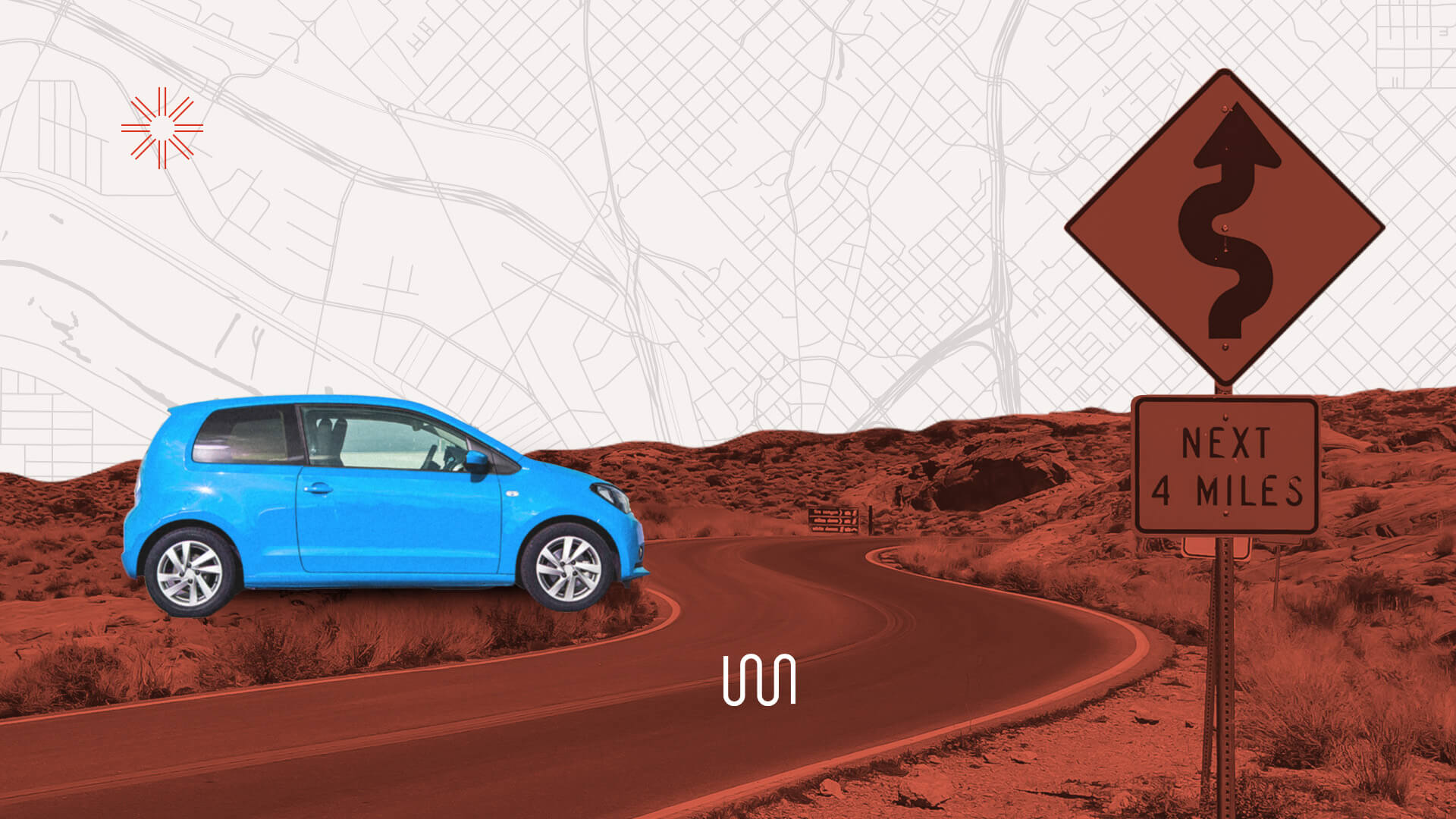
The auto sales industry has experienced a turbulent last two years. With a business model based overwhelmingly on in-person interactions — from perusing stock at dealerships to test-driving a vehicle and signing a contract — physical car marketplaces suffered devastating blows when the pandemic shuttered the operability of dealerships.
The conventional wisdom was that both online and in-person auto sales would tank. And at first, that seemed to be the trend. As lockdowns kept dealership windows dark and auto manufacturers waited out supply chain shortages, online car retailers like Shift, Carvana, and Vroom were rocked by plummeting sales and pressure to liquidate their inventories. But things began to shift as Americans became concerned with safety and wary of crowded transit or airline travel, leading to many people pondering vehicle ownership for the first time. And these consumers — the bulk of whom were made of digital-savvy but cash-strapped millennials — flocked to online dealerships with large used car inventories.
Online car marketplaces paved the digital way
Used car retailers had already refined and redefined the digital car-buying experience, offering everything from door-to-door delivery to remote title transfers to multi-day test-drive periods. But when the pandemic imposed restrictions, they harnessed that existing knowledge and parlayed it into a safe and seamless digital buying experience.
Shift moved quickly to allay consumer fears, offering contactless test driving, deep cleaning services, an Essential Workers Program that provided discounts to essential employees and a large inventory of older, more affordable "value" vehicles for other cash-strapped customers. Carvana and Vroom leaned heavily on offering consumers vehicles, financing, and vehicle servicing in one convenient online location. And even brick-and-mortar dealerships who were saddled by strict state and manufacturing regulations innovated, offering some or all of their vehicle-purchasing processes online.
Nissan rolled out Nissan@Home and an end-to-end digital sales process that allows prospective buyers to complete as much or as little of the vehicle-buying process online as they want. General Motors is finessing its existing "Shop. Click. Drive." program to offer the same. And Volkswagen rolled out a "Sign Anywhere" program that allows people to purchase a car without ever setting foot on a dealership lot.
Are online car marketplaces fad or future?
Faced with digital options, car buyers have voted with their wallets, and online retailers have seen sales skyrocket. With U.S. new-car sales expected to drop by 3.6 million through 2022 compared to 2019 levels and a 17% increase in used car sales in the U.S. in the second quarter of 2020 alone, used car marketplaces are seeing huge success. Carvana stock has risen more than 200% since the pandemic began, while competitors Shift and Vroom have gone public. However, local brick-and-mortar dealerships aren't completely out of the picture. With better inventories for newer models and their own digital-purchasing options, they'll likely remain a go-to for many customers who prefer the convenience of online shopping with the security of an in-person fallback.
But is the ascendancy of the online car marketplace a fad fueled by pandemic-induced safety fears and economic woes? Or is it here to stay? The answer is a bit of both. Car dealerships aren't going away anytime soon, as there are still many customers who prefer to test drive off the lot and make their purchase in person. But with even loyal customers in older age brackets preferring online options, the dealerships that remain will have to innovate, offering some or all of the purchasing experience digitally, and rethinking the high-pressure sales tactics that have soured the car buying experience for consumers of all ages. They'll also need to rethink their brick-and-mortar strategy, selling off some of their retail space and inventory in favor of a more nimble hybrid of physical and online retail.
Online used car marketplaces will likely continue to gain popularity as their end-to-end digital purchasing strategies become more normalized and appeal to more people. However, some say the lack of once-reasonably priced used car inventory is causing used car sticker prices to spike as demand outstrips supply. And with public use of transit and rideshare services creeping back to pre-Covid levels — at least before the latest Omicron surge — both in-person dealerships and used online car marketplaces will have to fight to keep the consumers they have gained during the pandemic.
One thing that won't change is consumer demand for a seamless, efficient, and innovative digital buying experience that puts them — literally and metaphorically — in the driver's seat.



